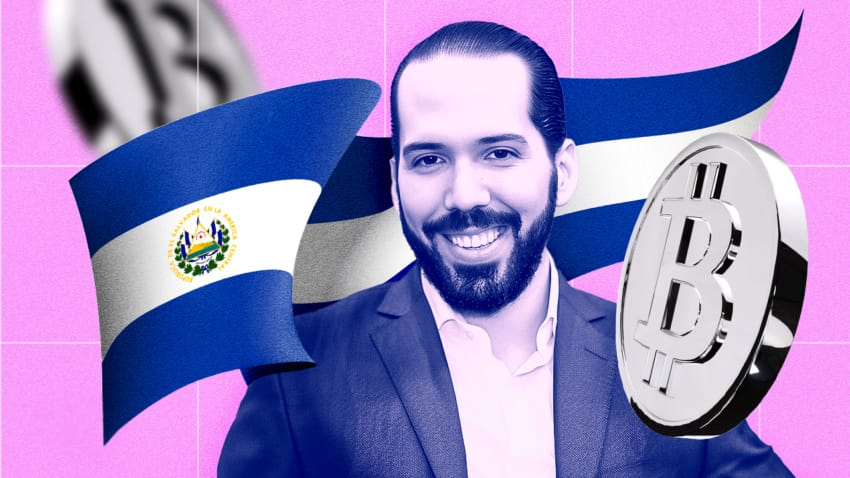El Salvador Defies IMF with Continued Bitcoin Purchases

El Salvador’s unwavering dedication to Bitcoin as a cornerstone of its economic strategy has taken center stage, even as the nation navigates a delicate financial agreement with the International Monetary Fund (IMF).
Despite conditions tied to a $1.4 billion loan that said the country had to scale back its cryptocurrency activities, Economy Minister Maria Luisa Hayem confirmed during an interview at the Web Summit in Rio de Janeiro that El Salvador is actively continuing its Bitcoin acquisitions. This bold stance underscores President Nayib Bukele’s vision to position the Central American nation as a global leader in Bitcoin adoption, a policy that began with the historic decision to make Bitcoin legal tender in 2021. Recently El Salvador’s claims of continued Bitcoin buying while remaining compliant to the IMF agreement has drawn scrutiny.
Hayem’s remarks reaffirmed the government’s commitment to accumulating Bitcoin, emphasizing that the strategy aligns with Bukele’s broader economic goals. Data from Arkham Intelligence reveals that El Salvador currently holds 6,162 bitcoins, valued at approximately $583 million, with the government maintaining a steady pace of acquiring one Bitcoin per day. This persistence highlights the nation’s belief in the long-term potential of digital assets, even as it balances the demands of global financial institutions. The minister underscored the significance of Bitcoin, noting that both the government and private sector view it as a critical component of the country’s economic framework.
Stay In The Loop and Never Miss Important Bitcoin News
Sign up and be the first to know when we publishNavigating IMF Conditions and Global Expectations
The $1.4 billion IMF loan, secured in late 2024, came with stringent conditions aimed at stabilizing El Salvador’s fiscal policies. Among these was a requirement to halt Bitcoin purchases and make its acceptance optional for businesses, a concession intended to ease concerns in global financial markets. Despite these terms, El Salvador’s actions suggest a nuanced approach to compliance. While Rodrigo Valdes, the IMF’s Western Hemisphere Director, stated during the Fund’s 2025 spring meetings that the country has adhered to the non-purchasing clause, Hayem’s comments indicate that bitcoin remains a priority. This apparent contradiction has fueled discussions about how El Salvador is managing its dual commitments to domestic innovation and international obligations.
The government’s crypto strategy continues to evolve, with Hayem emphasizing that Bitcoin accumulation is not only a governmental priority but also resonates with private sector interests. This alignment reflects a broader national ambition to integrate digital assets into the economic fabric, potentially setting a precedent for other nations. As El Salvador forges ahead, its ability to balance IMF requirements with its crypto aspirations will likely shape its financial future and influence global perceptions of cryptocurrency as a legitimate economic tool. For now, Bukele’s administration remains resolute, signaling that Bitcoin is not just a passing experiment but a foundational element of El Salvador’s economic identity.

